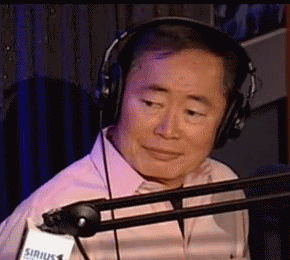There's a lot of problems with this theory. Here's a couple
1. If this was true you'd expect a greater discrepancy between online pollsters (and touchpad phone polls) and live caller pollsters. You'd expect Bide to do better in the online polls. If you're a "closet" Trump supporter, I guess we can buy that you're afraid to tell a person on the phone that you're voting for Trump. But you're afraid to tell an online poll that you're voting for Trump so you lie and say Biden but in the ballot box you'll still vote Trump. That's quite outlandish
2. If this was true you would've expected polls to be off the most in left-leaning states in 2016. If you live in a left leaning state, it's more likely more of your social group and peers are liberal and it would be more socially unacceptable to be a Trump supporter. If you live in a far right state, you probably don't have this issue (you might actually have the issue being a Biden/Clinton supporter). Do you know what states had the largest polling error and undercounted Trump in 2016? It was Tennessee and South Dakota. Trump /underperformed/ his polls in states like California, where you would expect a greater stigma. Not what you would expect given this theory. You would NOT expect this breakdown:

3. If you're a "shy" Trump voter, aren't you more likely to refuse to answer a pollster or just say "you're unsure". Are you really going to lie and say you're voting for Biden. Does that logic check out? So your theory would have greater weight if there was a high number of "refuse to answer" or "Unsure" responses in polls. We're seeing a very low number of that in this cycle.
So yes, polls were off in 2016, but it wasn't due to "closeted Trump voters". We can actually pretty soundly disprove that using math and reason.
You can read pages and pages about this, but here's some primers on it:
https://fivethirtyeight.com/features...-missed-trump/
https://fivethirtyeight.com/videos/s...nt-swing-2020/




 Reply With Quote
Reply With Quote


